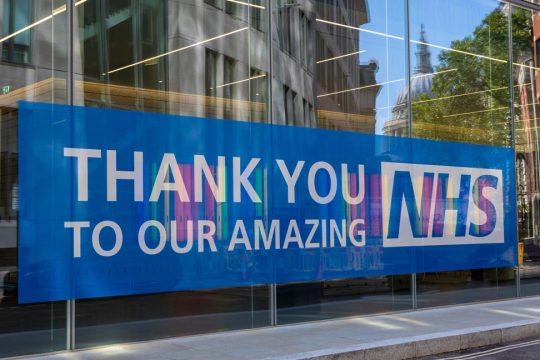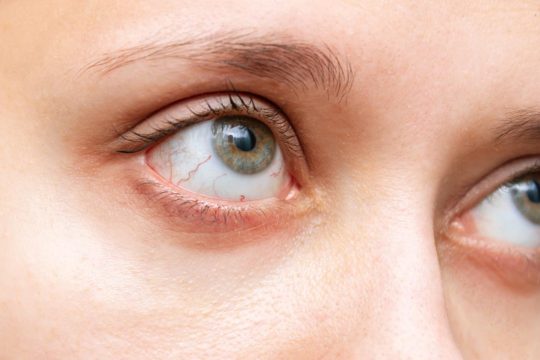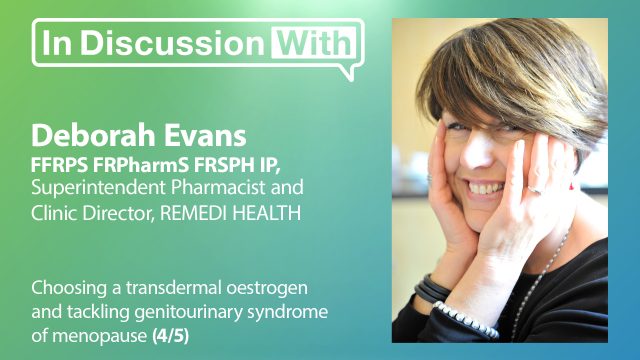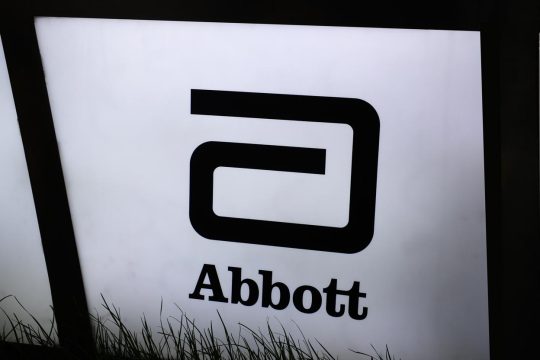Advertisment
IMW 2019: Panel debate merits of transplantation
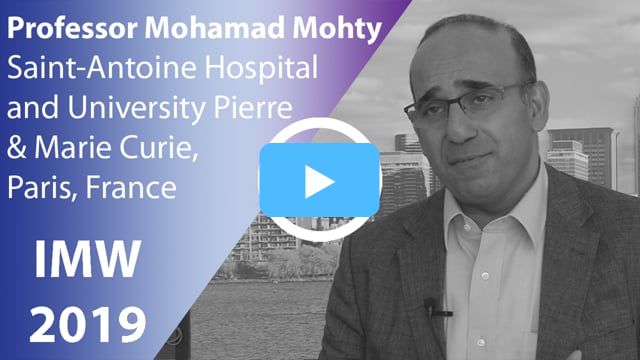
Article written by Tom Collins. Interview by Esther Drain
In a debate about whether autologous stem cell transplant (ASCT) is still right for all transplant eligible MM patients, the panel staked out their positions at the International Myeloma Workshop, with some arguing that it gives patients the best chance for a good outcome, but others saying that the risks are reason for caution.
The discussion came in the wake of results from the FORTE trial, in which researchers found that rate of response and negativity for minimal residual disease (MRD) were similar for patients receiving carfilzomib-lenalidomide-dexamethasone (KRD) followed by ASCT and those receiving 12 cycles of KRD and no transplant. Those receiving transplant, researchers found, had more persistent results.
Mohamad Mohty, MD, PhD, professor of haematology at Saint-Antoine Hospital in Paris, said the currently available evidence shows a strong difference in favour of transplant, but added, “This is really a rapidly moving field” and that there is room to question ASCT in the front-line setting:
- only a progression-free survival but no difference in overall survival for transplant compared to no transplant;
- MRD negativity tends to increase with time and number of treatment cycles;
- and the prospect of quadruplet therapy up front that could further improve outcomes without transplant.
David Siegel, MD, PhD, chief of the multiple myeloma division at the John Theurer Cancer Center at Hackensack University, said transplant holds the prospect of the best outcomes for some patients.
“What we have to realize is that there is a tail on the curve for patients who get transplanted that is extraordinary,” he said. “There are about 20% of patients who stay in stable remissions for 10 years and that (for) 50% of them, it will go on to 20 years.”
“There’s no reason not to do a transplant,” he said. “It is not more toxic, it is not more expensive, it doesn’t have the significant long- term toxicity, whereas everything that we’re comparing it to do, (does). What’s the argument against doing a stem cell transplant?”
But Paul Richardson, MD, professor of medicine at the Dana-Farber Cancer Institute, said that a 2018 paper from the Center for International Blood & Marrow Transplant Research suggests that the frequency of myelodysplastic syndrome transformation to acute myeloid leukemia after ASCT might be more common than has been thought.
“Long-term consequences are real,” he said. “When I speak to my own practice, (there are) several patients whose biggest challenge is they’ve survived 10 and 15 years,” and now secondary AML is “the biggest threat to their life.” Maintenance therapy post-transplant, he said, “has made the biggest difference in outcome.”
Dr. Siegel took issue with that argument.
“In the first sentence you talk about the risk of AML as a consequence of going ahead with transplant, yet you emphasize the role of maintenance therapy post whatever long-term strategies you have,” he said. “Yet where’s the association? It’s with maintenance therapy that comes afterward. So, you can’t have both arguments that we’re not going to do transplant because of the risk of AML but we’re going to use long-term agents that all have similar kinds of risks associated with them. It’s an interesting argument.”
In another discussion, on when are allogeneic stem cell transplants the right answer in 2019, Gosta Gahrton, MD, PhD, professor of haematology at the Karolinska Institute, said it’s feasible to do them outside of clinical trials.
“Preferably, patients would be in clinical trials but if you look at the facts, in Europe around 500 patients are transplanted with an allogeneic donor every year,” he said.
High-risk, younger patients are the better candidates, the panellists agreed.
But Jeffrey Wolf, MD, clinical professor of medicine at the University of California San Francisco, said there are many reasons not to do allo transplants, including graft versus host disease and the difficulty of getting onto a clinical trial for CAR T cell or BiTE therapy once you’ve had one and failed.
“I do believe that it can be curative, but I think the chronic GVH consequences are too great,” he said. “The number of options we have these days are too many. And it would be a very rare young patient, perhaps who relapses early with high-risk disease, where we might consider it.”
Clearly opinion remains divided on who should receive ASCT, allo-SCT or no transplant, and the ever increasing therapeutic options in myeloma and development of new cellular therapies look set to keep the debate hot for some time to come.


